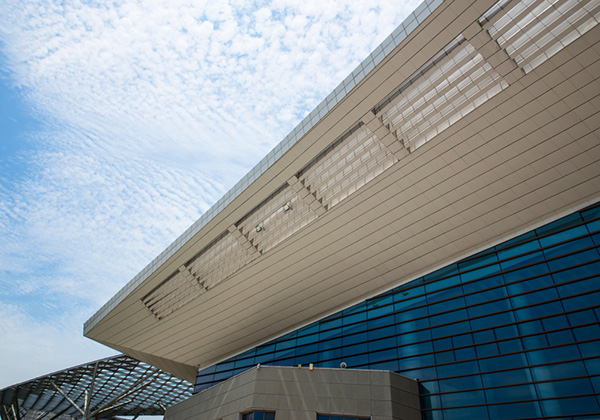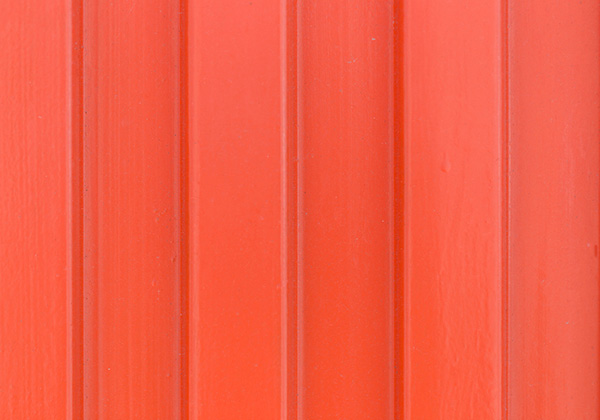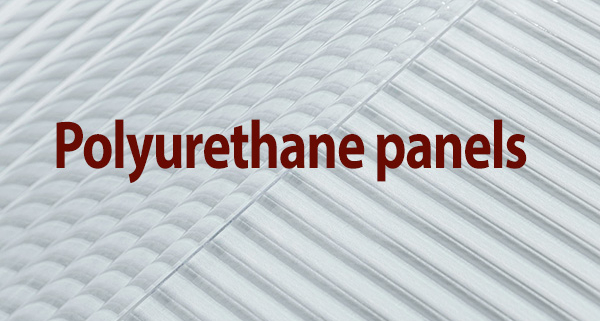Insulated Panels
When it comes to building a structure, one of the most important factors to consider is its insulation. Insulated panels are an excellent solution for your construction needs, as they provide a high level of insulation while also being cost-effective and easy to install. In this article, we will discuss insulated panels in detail, including what they are, how they work, and why they are the best choice for your building projects.
What are Insulated Panels?
Insulated panels are made up of two layers of metal or other materials, with a layer of insulation in between. The insulation can be made from a variety of materials, including expanded polystyrene, polyurethane foam, or mineral wool. The two metal layers are typically made from steel, aluminum, or other metals. The panels are designed to be lightweight, yet strong enough to withstand the weight of the building and any other loads that may be placed on them.
When it comes to insulated panels, there are several different types to choose from depending on your specific needs and requirements. Here are some of the most common types of insulated panels:
- Metal-faced Insulated Panels – These panels consist of two metal sheets, usually steel, with a layer of insulation sandwiched in between. They are commonly used in the construction of industrial buildings, such as warehouses and factories.
- Polyurethane Insulated Panels – These panels are made from a rigid foam core of polyurethane, which is sandwiched between two metal sheets. They are commonly used in the construction of commercial and residential buildings, as they offer excellent insulation properties.
- Expanded Polystyrene (EPS) Insulated Panels – These panels are made from expanded polystyrene foam, which is sandwiched between two sheets of paper or plastic. They are commonly used in the construction of residential buildings, as they offer good insulation properties and are easy to install.
- Mineral Wool Insulated Panels – These panels are made from a layer of mineral wool, which is sandwiched between two metal sheets. They are commonly used in the construction of industrial buildings, such as power plants and factories, as they offer excellent fire resistance properties.
- Phenolic Insulated Panels – These panels are made from a rigid foam core of phenolic resin, which is sandwiched between two metal sheets. They are commonly used in the construction of buildings that require high levels of thermal insulation, such as refrigerated storage facilities.
Each type of insulated panel has its own unique set of properties and benefits, so it’s important to choose the right one for your specific needs. Factors such as the type of building, climate, and insulation requirements should all be taken into consideration when selecting the appropriate insulated panel for your project.
In conclusion, insulated panels are an excellent choice for any building project, as they offer superior insulation properties and are easy to install. With a range of different types available, it’s important to choose the right one for your specific needs to ensure that your building is comfortable and energy-efficient for years to come.

insulated panels
How Do Insulated Panels Work?
Insulated panels work by providing a barrier between the interior and exterior of the building. The insulation layer helps to regulate the temperature inside the building, keeping it warm in the winter and cool in the summer. This can help to reduce energy costs and improve the overall comfort of the building. The two metal layers also provide protection from the elements, such as wind, rain, and snow.
Why Are Insulated Panels the Best Choice for Your Building Projects?
Insulated panels offer several advantages over other types of building materials. First and foremost, they provide superior insulation compared to other materials. This can help to reduce energy costs and make your building more comfortable for its occupants. Additionally, insulated panels are lightweight and easy to install, which can save time and money during the construction process. They are also highly durable and require very little maintenance, which can help to extend the lifespan of your building.
Insulated panels are also highly customizable, with a range of different sizes, colors, and finishes available. This allows you to create a building that is not only functional but also aesthetically pleasing. Whether you are building a warehouse, office, or residential property, insulated panels are the perfect solution for your construction needs.
Conclusion
In conclusion, insulated panels are an excellent choice for any building project. They provide superior insulation, are lightweight and easy to install, and offer a range of customization options. If you are considering a construction project, be sure to consider insulated panels as your building material of choice.
When selecting the right type of insulated panel for your project, it’s important to consider factors such as the type of building, climate, and insulation requirements. With a range of different types available, including metal-faced, polyurethane, EPS, mineral wool, and phenolic-insulated panels, there is sure to be a solution that meets your needs.
Insulated Panels FAQs
Q: What are insulated panels?
A: Insulated panels are building materials that consist of an insulating core, such as foam or mineral wool, sandwiched between two metal sheets. They are used to provide superior thermal insulation in walls, roofs, and floors of buildings.
Q: What are the benefits of using insulated panels?
A: Insulated panels offer several benefits, including improved energy efficiency, reduced energy costs, and improved comfort levels. They can also help to reduce carbon emissions and contribute to sustainable building practices.
Q: What types of buildings are insulated panels suitable for?
A: Insulated panels are suitable for a wide range of building types, including residential, commercial, industrial, and agricultural buildings. They are particularly useful in buildings that require high levels of thermal insulation, such as refrigerated storage facilities.
Q: How are insulated panels installed?
A: Insulated panels are typically installed using a simple interlocking system that allows for quick and easy installation. They can be attached to a variety of substrates, including steel, concrete, and wood.
Q: How long do insulated panels last?
A: Insulated panels are designed to last for many years, with a typical lifespan of 30 to 50 years or more. The exact lifespan will depend on factors such as the type of panel, the quality of the installation, and the environmental conditions.
Q: Are insulated panels fire-resistant?
A: Some types of insulated panels, such as mineral wool panels, are highly fire-resistant and can help to prevent the spread of fire in a building. However, it’s important to select the appropriate type of panel for your specific needs and to ensure that it meets all necessary fire safety regulations.
Q: Are insulated panels environmentally friendly?
A: Insulated panels can contribute to sustainable building practices by reducing energy consumption and carbon emissions. They can also be recycled at the end of their lifespan, making them a more environmentally friendly choice than some traditional building materials.





